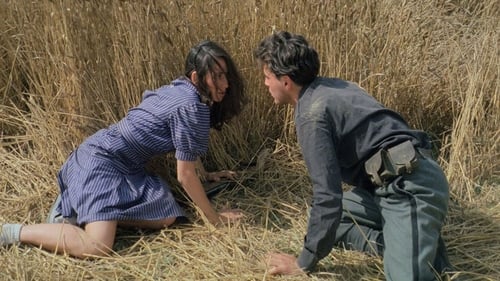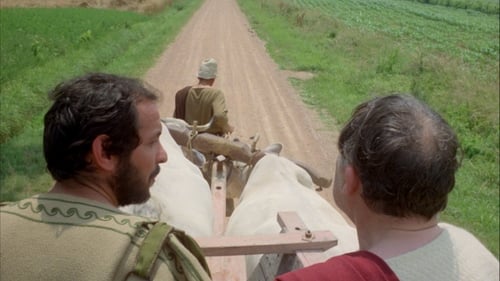
Dante
Август 1944 года. Войска союзников продвигаются по Италии. Немцы, отступая, уничтожают всё и вся. В городке Сан-Мартино они заминировали почти все дома, а жителей заставили собраться в соборе. Часть горожан, предчувствуя, что и стены храма их не спасут, решают отправиться навстречу американцам. Женщины, старики, дети бегут из города, который через несколько часов будет разрушен до основания. Но по дороге их настигает отряд местных фашистов…

The Bastard
'Dalla nube alla resistenza (From the Cloud to the Resistance ) (1978), based on two works by Cesare Pavese, falls into the category of History Lessons and Too Early, Too Late as well. It, too, has two parts—a twentieth-century text and a text regarding the myths of antiquity, each set in the appropriate landscape. Pavese's The Moon and the Bonfires looks back on the violent deaths of Italian anti-Fascist resistance fighters; Dialogues with Leucò is a series of dialogues between heroes and gods, connecting myth and history and returning to an ambiguous stage in the creation of distinctions, such as that between animal and human, which are fundamental to grammar and language itself. Such a juxtaposition of political engagement with profoundly contemplative issues such as myth, nature, and meaning points to the characters of Empedocles and Antigone in the Hölderlin films.' (From "Landscapes of resistance. The German Films of Danièle Huillet and Jean-Marie Straub" by Barton Byg)

